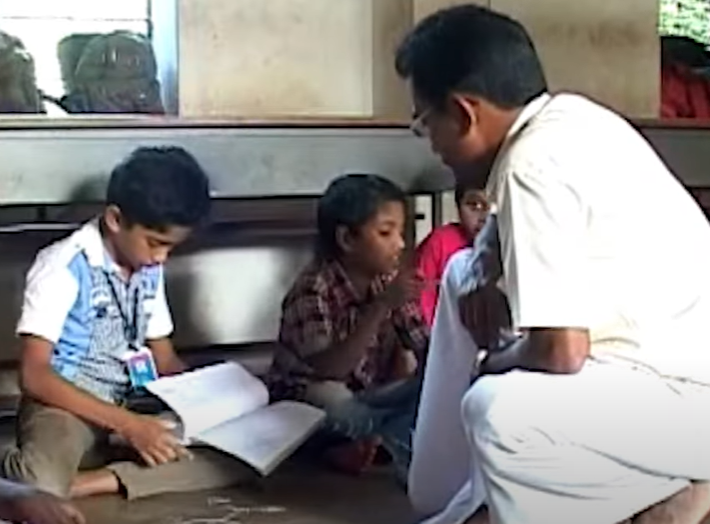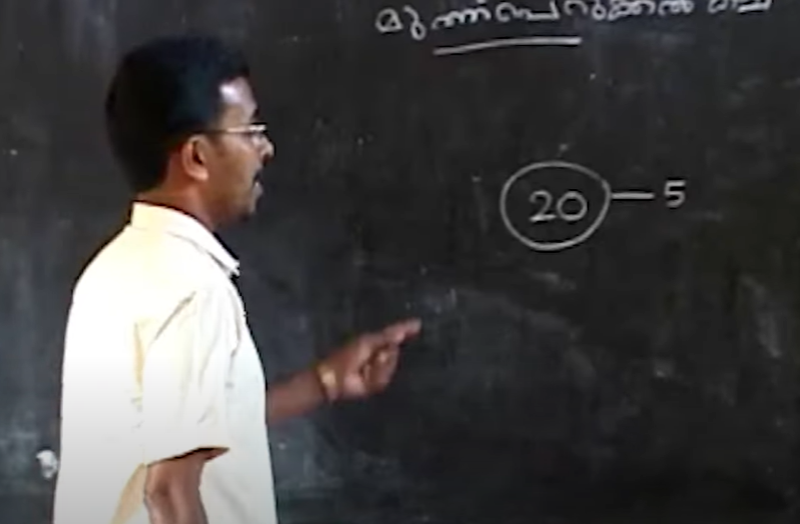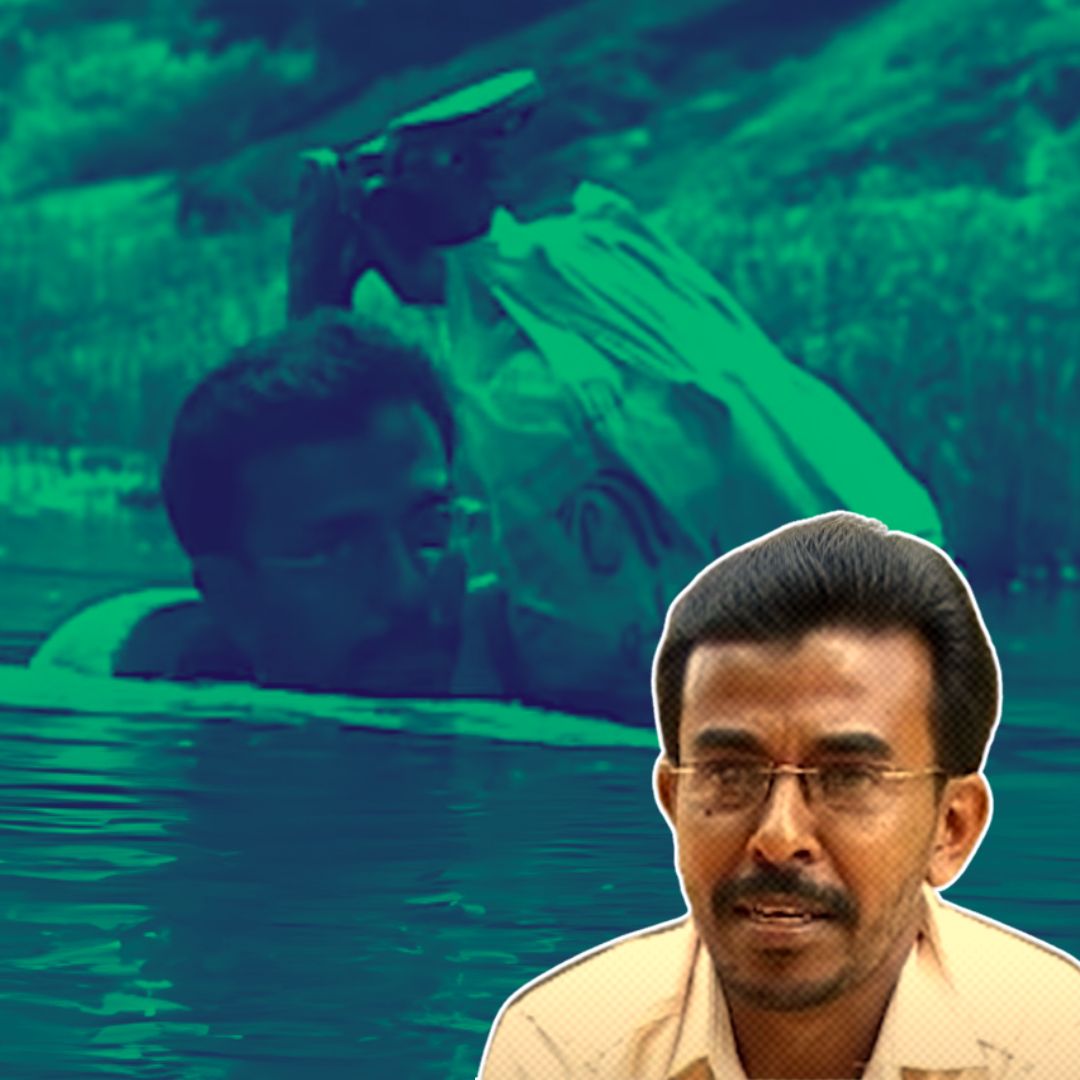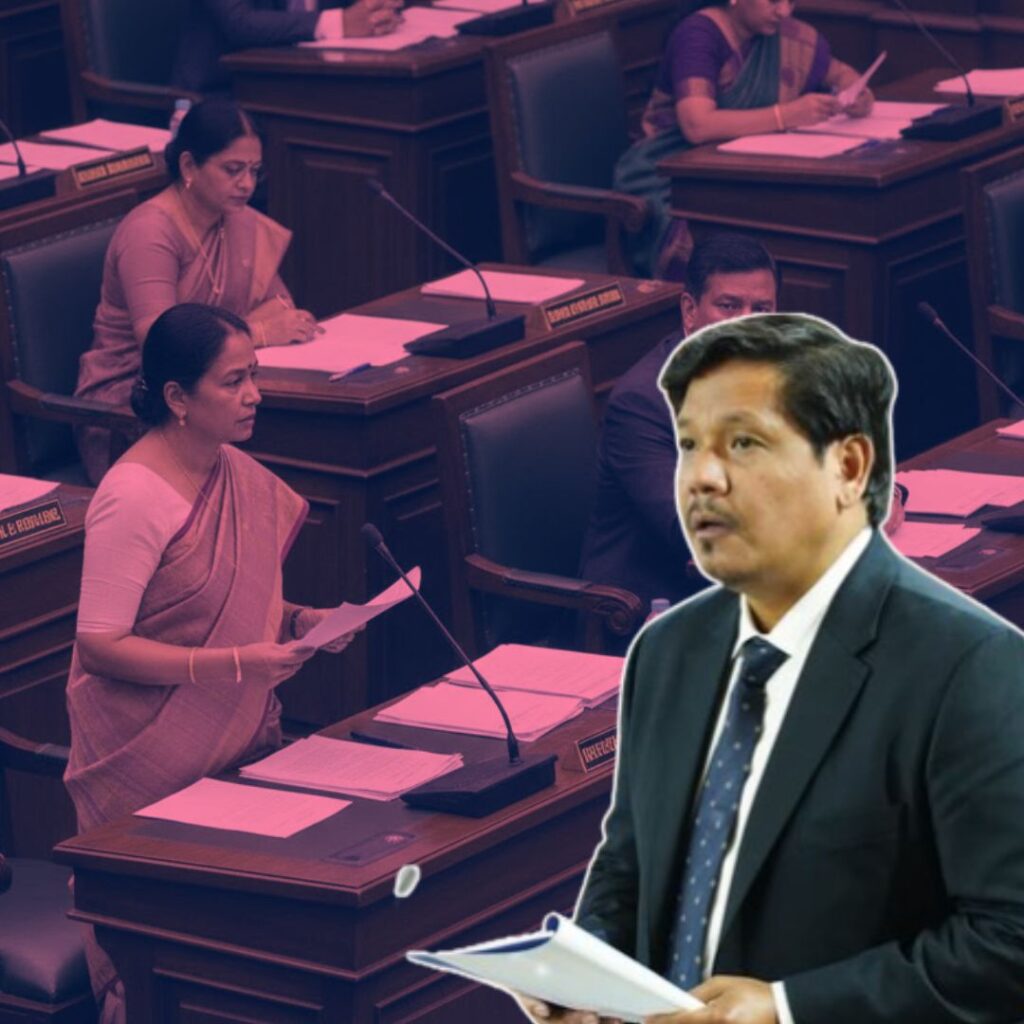Abdul Malik, a mathematics teacher from Padinjattumuri, Kerala, has swum across the Kadalundi River every day for over two decades to reach his school, avoiding a 12-kilometre road journey. His dedication to education-never missing a day of teaching-has made him a local hero and an inspiration nationwide.
Carrying his books and clothes in a plastic bag, Malik’s daily swim also highlights his commitment to environmental conservation, as he leads river clean-up drives and teaches his students to respect nature.
Recent recognition from education officials and renewed media attention have brought Malik’s extraordinary story to the forefront, sparking conversations about the challenges faced by rural educators and the urgent need for environmental action.

Swimming Against the Odds: A Teacher’s Unwavering Commitment
Since 1994, Abdul Malik has chosen to swim across the Kadalundi River rather than endure a three-hour, 12-kilometre road journey involving multiple buses. Each morning, he secures his books, lunch, and a change of clothes in a plastic bag, ties it to a tyre tube for buoyancy, and braves the river’s currents-even during the unpredictable monsoon season.
“It is better to swim than depend on unreliable transport,” Malik told The Hindu in a recent interview. His daily swim, which takes about 15–30 minutes, ensures he arrives at the Muslim Lower Primary School in Malappuram on time, never missing a single day in over 20 years. Students affectionately call him “Tube Master,” and his punctuality has become legendary in the community.

Beyond the Classroom: Environmental Stewardship and Community Impact
Malik’s commitment extends far beyond academics. Disturbed by the increasing pollution in the Kadalundi River-recently highlighted in Kerala’s State Pollution Control Board reports-he organises regular clean-up drives with his students.
Together, they collect plastic waste and debris, fostering a sense of responsibility and respect for nature. Malik also teaches swimming to students above grade five, helping them overcome their fear of water and equipping them with a vital life skill.
Local education officials have praised Malik’s efforts; District Education Officer S. Rajeev stated, “Malik sir is a role model, not just for his dedication to teaching, but for his environmental activism. He inspires both students and teachers alike.” Social media tributes and local news outlets have recently reignited interest in his story, prompting discussions about improving infrastructure and supporting teachers in remote areas.
The Logical Indian’s Perspective
Abdul Malik’s story is a shining example of how perseverance, empathy, and a sense of duty can transform not just individual lives, but entire communities. His daily swim is a powerful symbol of the lengths to which educators go to ensure every child’s right to quality education, even in the face of adversity.
Malik’s environmental advocacy further demonstrates how personal commitment can drive collective action for a cleaner, more sustainable future. At The Logical Indian, we believe stories like Malik’s deserve to be celebrated and supported, as they remind us of the extraordinary impact of ordinary citizens.
How can we, as a society, better recognise and empower such unsung heroes-especially those working in rural and challenging environments? Share your thoughts and join the conversation on how we can collectively strengthen the pillars of education and environmental stewardship in India.











